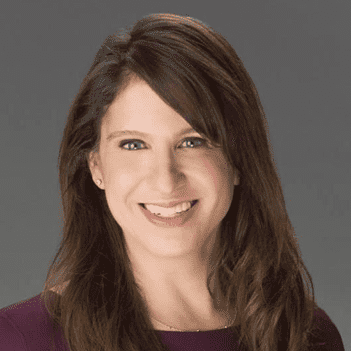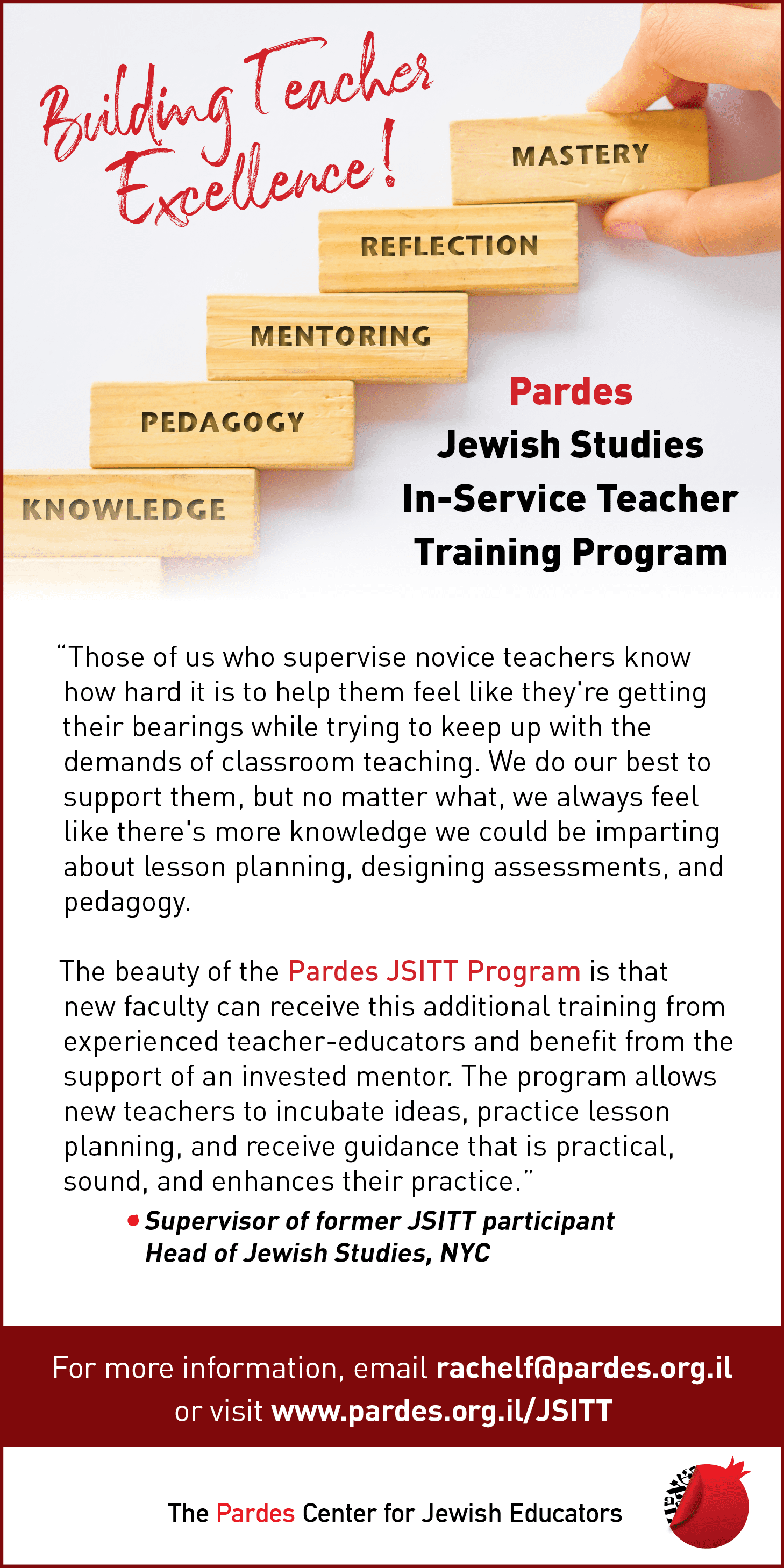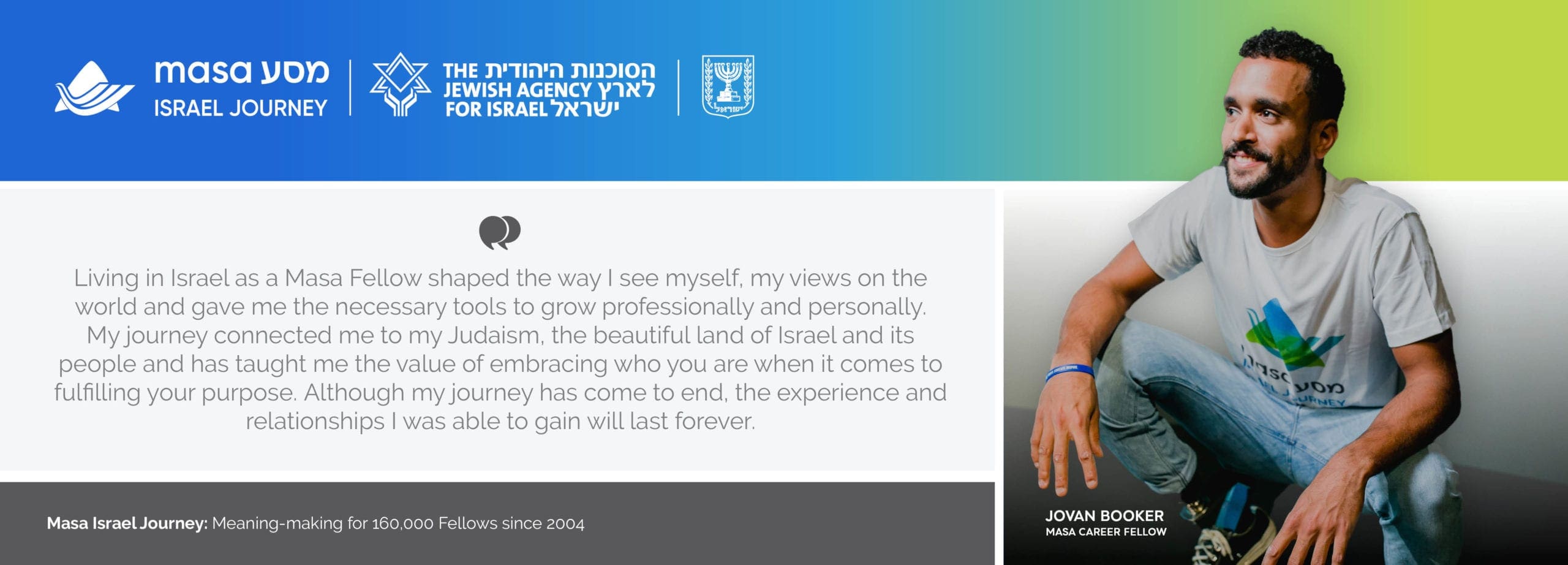The arguments have been made through the ages, often with refrains such as: “Why do we need to learn this?” “I’m never going to use this when I grow up so why do I need to remember it?” And “Will this be on the test?” Such questions underscore how students often see their education as irrelevant, as facts and concepts that they must try to master only for the purpose of passing a test or satisfying an assignment’s requirements, and then, after the due date has passed, those facts and concepts can dissipate as their purpose no longer exists.
Perhaps for as long as these questions have been asked, educators have sought to respond with a thoughtful reckoning of what we choose to teach, why we teach it, and what we hope to inspire through our lessons. These questions are the spurs that have helped elevate education, inspiring teachers to think differently and to come to terms with what we prioritize in our curricula. Invested with a sense of responsibility and trust from our students and families, we know that we need to hearken to the essential and intrinsic components of the learning process that authentically keep us wondering and learning throughout our lives: the joy of inquiry, exploration, and discovery which lead to learning that is meaningful and enduring.
Making meaning is a process we engage with in all of our experiences; it is a quintessential human enterprise. We seek to make meaning of our successes, our failures, our gains, and our losses. Making meaning is how we make sense of our world and catalogue and synthesize our experiences in a manner that allows them to shape our identities, our thinking, our outlook, and our goals. To make meaning of their educational experience is something students naturally seek. In finding the meaning, learners will engage more deeply, and they will secure their learning in a way that will shape them, guide them forward, and become a component of their evolving selves. Helping our students find, or more accurately, make meaning of their learning is not a special feature of a good lesson; rather, it is the foundation of any effective and enduring lesson.
There are multiple pathways to meaning in education. When teachers create access to these pathways as the framework of their lessons, students can see their learning as personally relevant, purposeful, applicable, impactful, and empowering. And their new understanding will endure far beyond the end of the unit. In this article, I will explore four of those pathways.
1. Learning That is Personal and Relevant
Our children are part of a chain of humanity that has engaged in questioning and discovery. Helping them to recognize and identify their part in this chain and, at the same time, seizing on the connections of their own experiences with their studies can help students connect with the material and bring more of themselves into their learning.
When our students study ancient civilizations, for instance, they ponder the point of the study of the faraway past. Together with their teachers, they contemplate the universal questions of humanity that have transcended time, guiding our thinking and action since the very earliest of civilizations. Humankind has always wondered about the origins of the universe, the meaning of life, the most effective form of leadership, the innovations just on the horizon, and, of course, what happens after we die. As they try to understand how people in the past answered these questions, the students study a wide range of topics, often intersecting with their own personal interests, and then contemplate how these questions are answered in our lives today. Further, these questions can connect them with the subjects they examine in their prayer and their study of Jewish texts and values.
In tefillah and Judaic studies, we can engage our students by offering entry points to seeing the relevance in their own lives—not by telling our children why it should matter to them, but by creating opportunities for students to make their own meaning—an individualized process that will lead to different meaning and connection for each learner. Offering traditional prayer options as well as “elective” options that provide a space for students to study larger theological questions about the interplay of faith and doubt, the purpose and audience of tefillah, and the sense of and relationship with God can allow students to find meaning in tefillah service, a time that is so often and so, unfortunately, a time when they struggle to find personal relevance. Further, in our Tanakh and Torah She`be`al Peh studies, we can help students see the relevance of their learning and find meaning in it by encouraging them to not only understand the texts and its commentaries but also to offer their own questions and insights. Students can engage in the discourse of the commentaries as engaged participants in the exciting tradition of intellectual and spiritual scholarship that forms the chain that they will help link into the future.
2. Learning That is Purposeful and Applicable
When students appreciate how their learning can matter to them, how it can relate to their lives far beyond the classroom in a way that they believe is meaningful, the learning becomes an intrinsic and internal act of engagement and not an effort by external forces to “get” them to master material. Our students have been working with the Pedagogy of Partnership to inspire more effective connection and communication between students, their study partner/hevruta, and the texts. Recently, as the class was working through a protocol to scaffold better communication, a student experienced an “Aha” moment and shared: “This is not just for this class; we can use this in our whole lives!” Exactly. They were learning something that they could use in all their interactions; it was surely purposeful and it would serve them long after they completed the course. When teachers structure the way they teach and the opportunities for learning in a manner that allows students to see purpose and reason for their learning, they don’t have to try to lure the students to learning; the students will often actively seek it out.
3. Learning That is Impactful
When we are inspired by a mission we care about, a cause we can advance, and an impact we can exert, we garner our energies and our efforts with greater dedication, care, and commitment. That is true for students as well. They are more likely to devote attention to the quality of their work and each stage of their process when they know that their learning can have an authentic and meaningful impact and can reach a broader audience. Teachers can design lessons and projects that inspire students to pursue causes they care about and to translate their learning into action. In our school’s Scholars Forum program, students engage in a different study of contemporary issues each year with a goal of culminating their studies with a specific deliverable that can have a positive influence in their world, engaging with related Judaic texts and actions to reflect their commitment to tikkun olam. For instance, students studied civil rights and social justice in our country as well as Jewish texts connected to this historical and present-day context. They then researched specific sites in our area that are connected to our nation’s civil rights and social justice efforts to create a visitor’s guide to students who may come to Washington, DC as part of a school trip. In another year, students examined the issues of water equity and access on a local, national, and global level. To help educate and inspire others, students created case studies of examples in our country where communities have been impacted by limited access to potable water as well as initiatives by organizations to address people’s water needs. This year, we are studying the census, with a focus on what it means to be counted in the Jewish tradition and in our American history. Students then take their study of the history and significance of the census to consider other ways they can make their voices count today—even as middle school students. Each cohort of students will choose a cause they care about and coordinate an action to advance a positive impact in their community—their school, their local community, and their broader world.
4. Learning That is Empowering
Choice is empowering. When students have the opportunity to choose what to research, what to focus on, what to write about, and what to create—all within parameters for their courses—they invest more deeply and personally. Choice paves the way for meaning-making as it optimizes the individual nature of making meaning. We cannot compel students to see the meaning we believe a given subject carries, but since relevance, purpose, and impact are often personally and individually defined, choice is an essential element of promoting meaning-making in our schools. We can foster choice by encouraging students to decide what specific topic they wish to study under the umbrella of their broader history unit, to choose the pesukim or subject they wish to delve into, and to craft their own dvar Torah or project to illuminate the texts, or to choose from a variety of essay or project options to explore the themes of a work of literature and to bring its message to bear on our own lives. Students engage more deeply when they have chosen their own course and direct it. The standards for analysis, writing, and skill development can remain consistent; the subjects that students research and develop can vary to seize on the personal interests and passions of the students.
The WHY
Simon Sinek helped us all rethink our initiatives, our companies, and our enterprises, by asking us to start with asking and exploring our “why.” Knowing our “why” will help us determine the “what” and “how.” As educators, our “why” is rather lofty and broad: We wish to inspire our students to think on their own and to see the joy of learning as a life-long adventure. We hope we can help cultivate caring and engaged citizens. We aspire not simply to fill minds with facts but to open minds to the great wonders of our world and to fuel the spirit with curiosity and zeal. As teachers, we may bring our personal excitement, our expertise, our wealth of knowledge, and our greatest intentions to this effort. But we don’t hold the reins of meaning-making; we simply hold the keys to its gates. We need to create space and opportunities for our students to make their own meaning in their individual ways. We need to encourage our students to find and pursue their own “why” in their education. When they find their “why,” they will find their meaning and their learning will not just expand their minds, it will deepen and inspire their souls.

Lisa Schopf
Lisa Schopf is the Founding Middle School Director at the Milton Gottesman Jewish Day School of the Nation’s Capital. Lisa is grateful for and inspired by Milton’s teachers who make meaning with their students each and every day!



